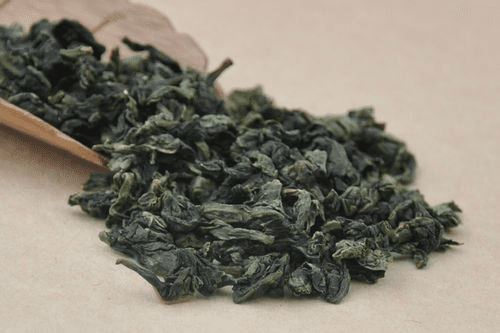The Chinese Tea culture, as an integral part of Chinese culture, is not only deeply loved domestically but also exhibits unique charm and influence internationally. Recently, China's nomination of “Traditional Chinese Tea Processing Techniques and their Associated Social Practices” was successfully included in the Representative List of the Intangible Cultural Heritage of Humanity by UNESCO. This achievement not only highlights the profound heritage of Chinese tea culture but also embodies our confidence and pride in traditional culture.

Chinese tea is more than just a beverage; it is a carrier of culture. It embodies sensory enjoyment of “color, aroma, and taste” and spiritual pursuits of “essence, energy, and spirit.” The concepts of “harmony under heaven” and “purity, tranquility, harmony, and elegance” in Chinese tea culture are not only cultural treasures of the Chinese nation but also common heritages of the world.
Tea Diversity: Harmony in Diversity
Chinese teas come in a wide variety, from green to dark teas, from Oolong to flower-scented teas. Each type has its unique flavor and production technique. Tea makers create diverse tea products using various tools and skills based on regional climates, soil conditions, and environments. This spirit of embracing diversity while maintaining harmony is a distinctive feature of Chinese tea culture.
Tea Etiquette: Modesty and Respect
In China, tea is not just a daily drink but also an expression of etiquette and culture. Whether in business negotiations, family gatherings, wedding celebrations, or teacher-student meetings, tea plays a significant role. Through tea tasting, people convey modesty and respect, which is deeply rooted in Chinese tea culture.
Tea Exchange: Interaction and Mutual Learning
Since the Tang and Song dynasties, Chinese tea and tea culture have been disseminated worldwide through trade routes like the Silk Road. Today, Chinese tea serves as a bridge for global cultural exchange, promoting economic prosperity and cultural interaction and development. Through tea, people around the world gain insights into and experience the richness and depth of Chinese culture.
The appeal of Chinese tea culture lies in its profound historical heritage, rich cultural content, and unique aesthetic value. It not only represents the cultural confidence of the Chinese nation but also serves as an important medium for conveying peace, friendship, and communication to the world. With the continuous development and innovation of Chinese tea culture, we have every reason to believe that it will continue to inspire and offer new possibilities, contributing to the creation of a diverse and vibrant civilization.